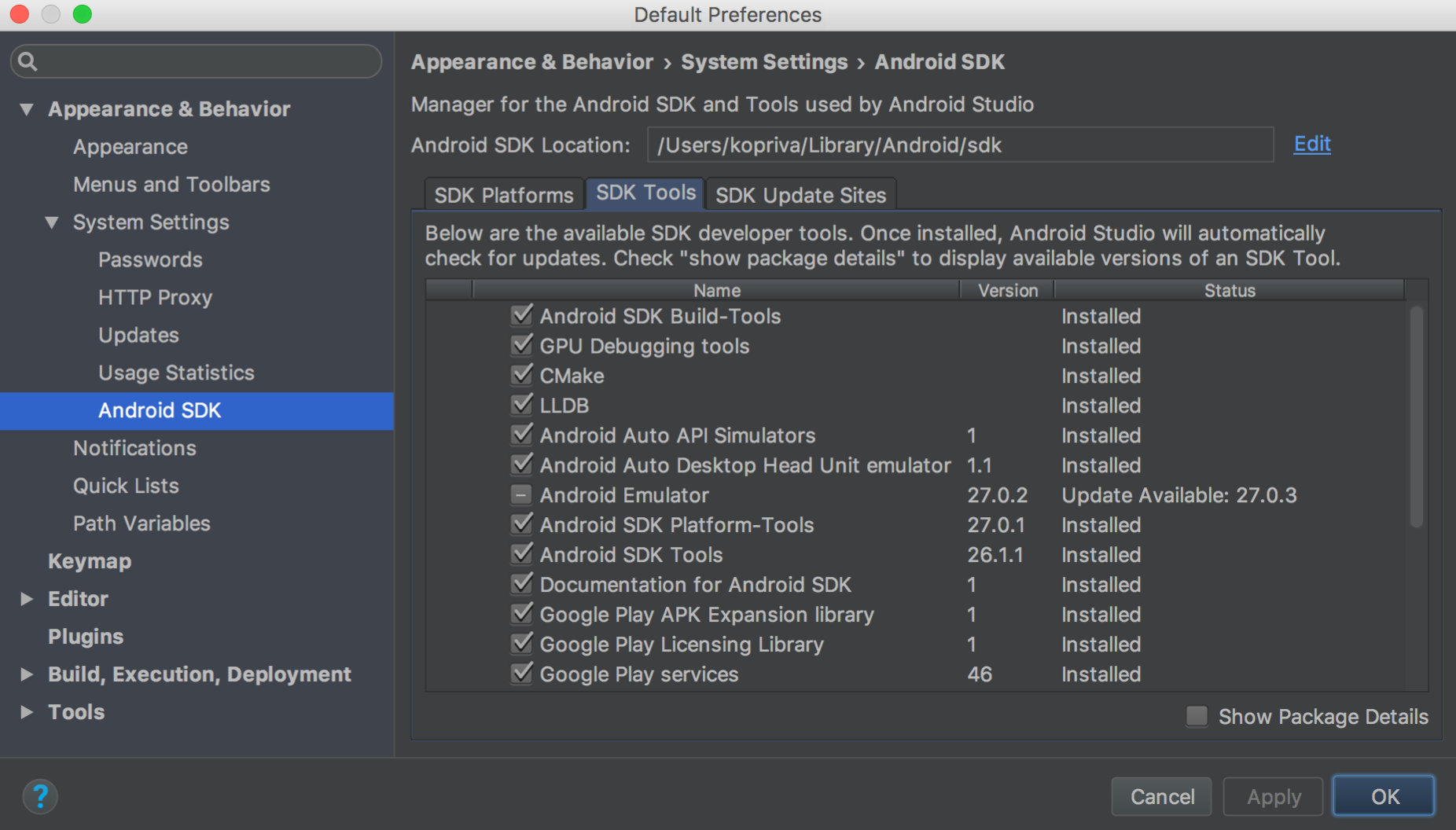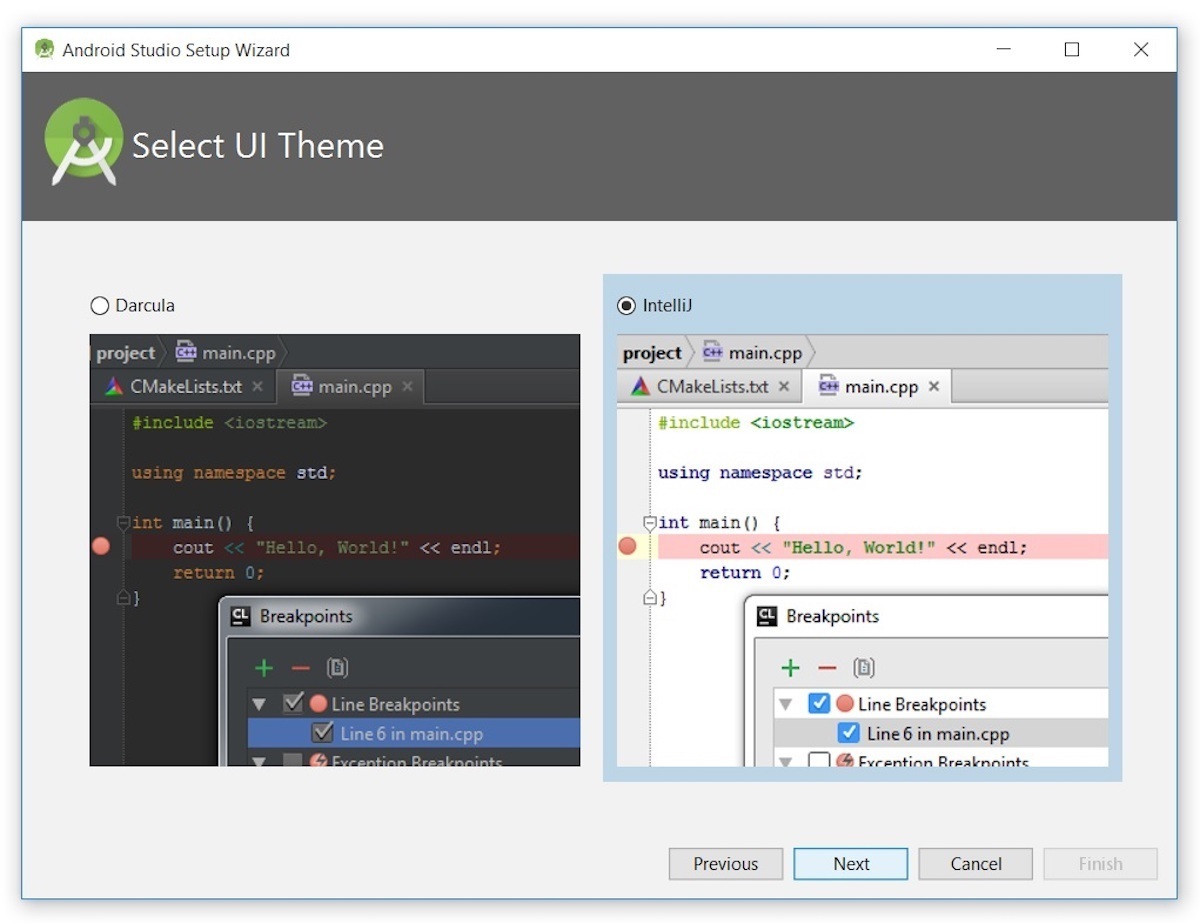
Unity installs Android SDK & NDK Tools and OpenJDK respectively in the SDK, NDK, and OpenJDK folders under /Unity/Hub/Editor//Editor/Data/PlaybackEngines/AndroidPlayer/. Unity Hub displaying the three dependency modules.

By default, Unity uses OpenJDK.īefore you get started, check Unity’s Requirements and compatibility documentation for Android to make sure you’re aware of any limitations for developing a Unity application for Android.

To support Android, a Unity project requires the following dependencies In the context of the Package Manager, a dependency is a specific package version (expressed in the form that a project or another package requires in order to work. To create a Unity application for Android, you first need to set up your Unity project to support Android.


 0 kommentar(er)
0 kommentar(er)
